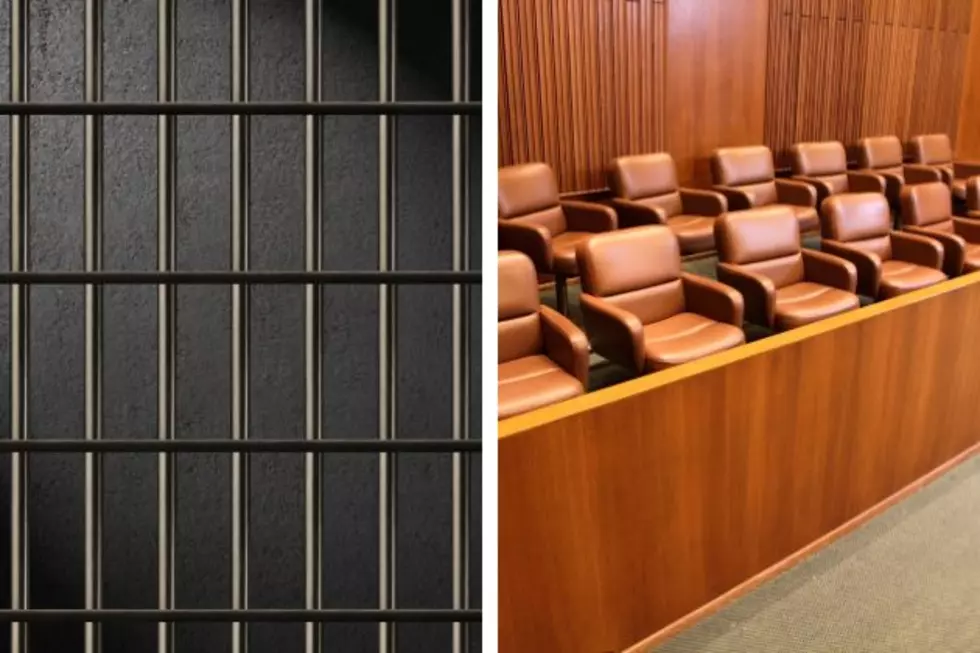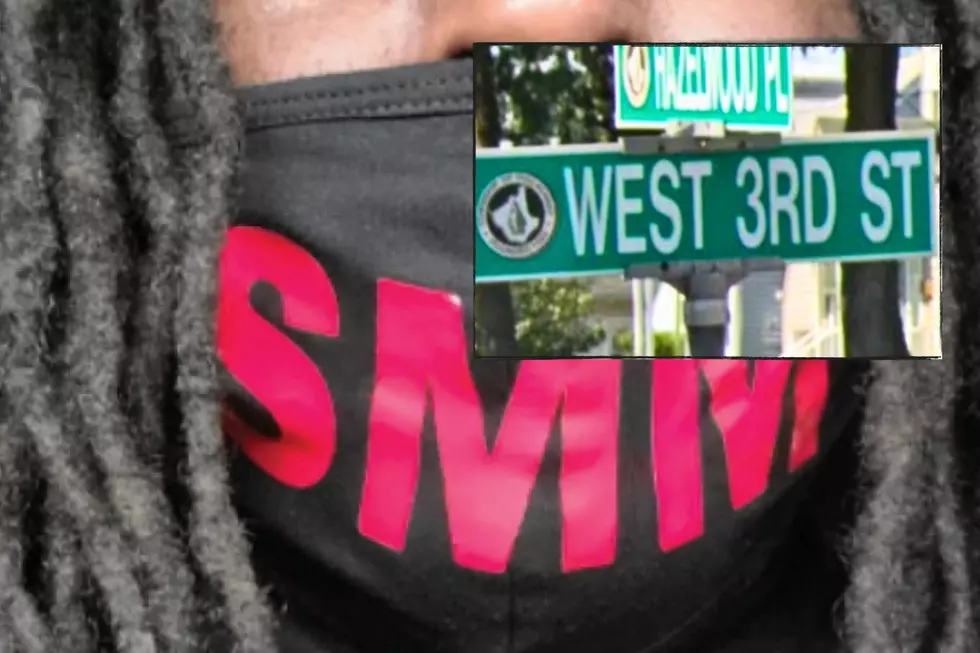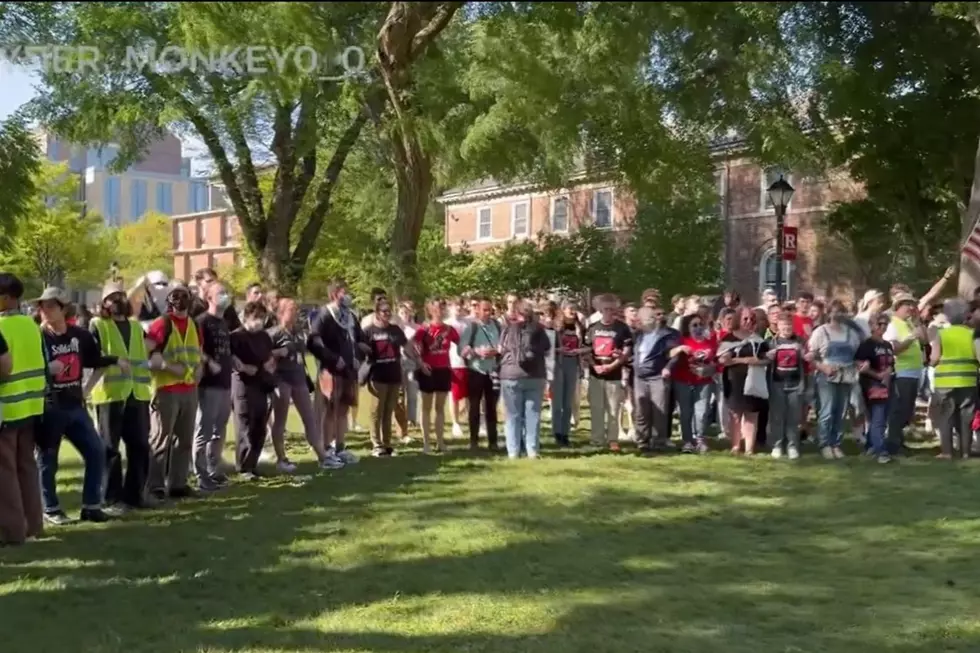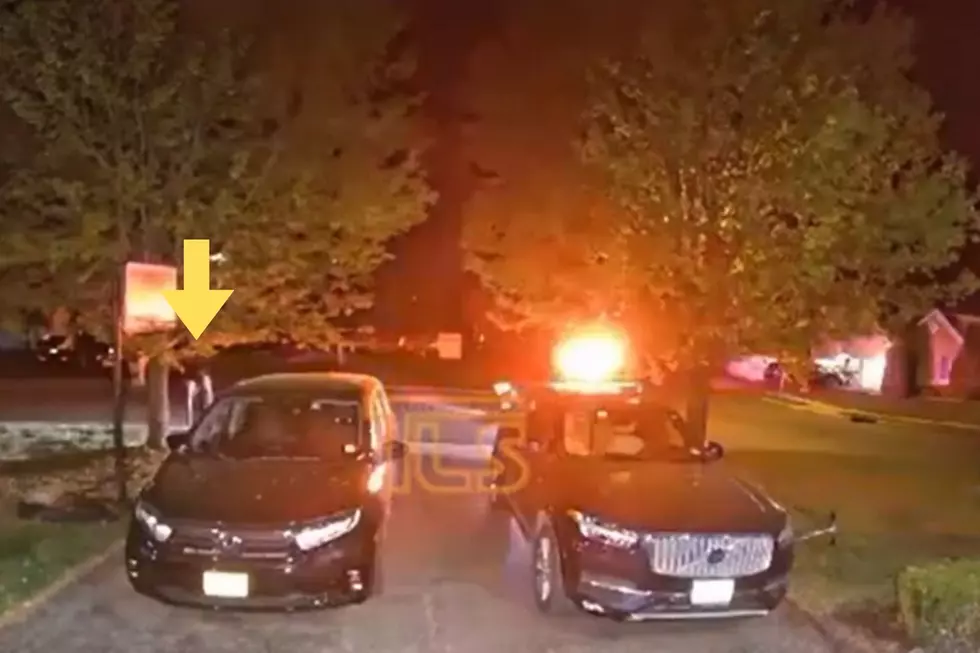
Lawmakers discuss repealing ‘death taxes’
A bipartisan movement in the Legislature could alter or eliminate the so-called "death taxes" that Gov. Chris Christie has been railing against.
In New Jersey, anyone outside the immediate family has to pay a 16 percent inheritance tax when they are left something worth more than $25,000. There is also an estate tax that is applied on property valued at more than $675,000.
"New Jersey is one of only two states, us and Maryland, that has both an estate tax and an inheritance tax," said State Sen. Steve Oroho (R-Sparta). "Yes, New Jersey taxes dead people. They find a way to tax them in the estate tax and the inheritance tax."
New Jersey is one of 22 states with either kind of death tax. A bill co-sponsored by Oroho would repeal the transfer inheritance tax and reduce New Jersey's estate tax to be consistent with federal policy. His bill would completely repeal the transfer inheritance tax and amend the estate tax to increase the filing threshold to $5.1 million.
"I also have another bill that says; the estate tax, just phase it out over five years," Oroho said.
The state of New Jersey rakes in approximately $760 million annually through the two taxes. Oroho acknowledged that many will say the state cannot afford not to keep the tax structure as is, but he argued that the state might actually see more tax revenue.
"According to the IRS, from 2004 through 2011, $12 billion worth of taxable income has left New Jersey. That's a net number," Oroho said. "That's a lot of income that's been chased away. If we sent the right message about cutting taxes people will stay."
More From New Jersey 101.5 FM









